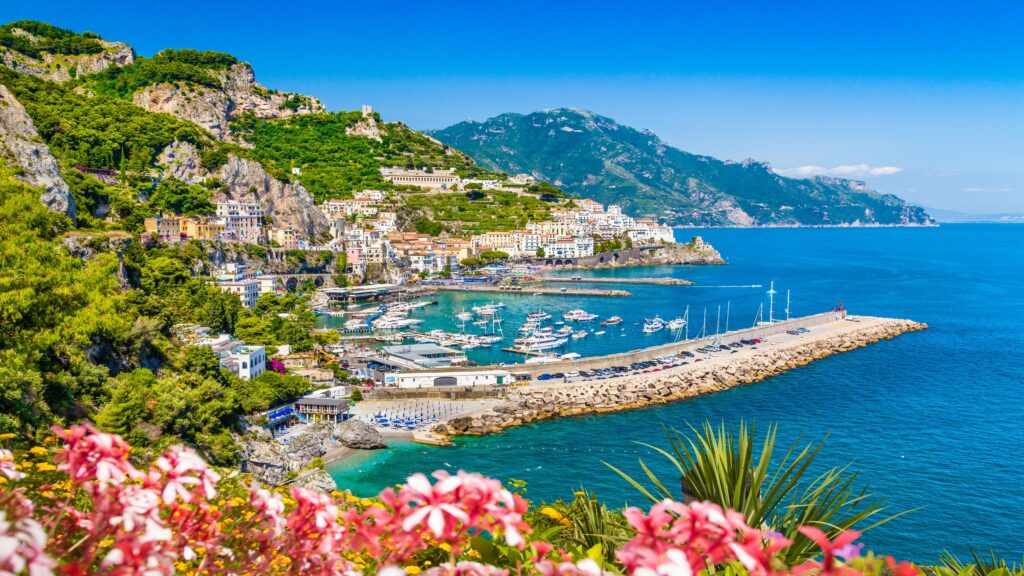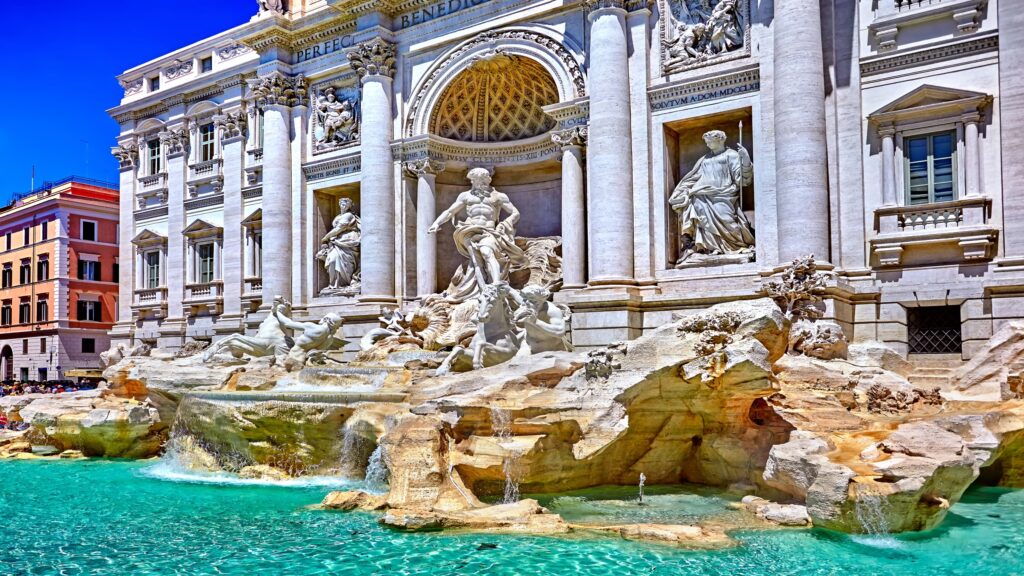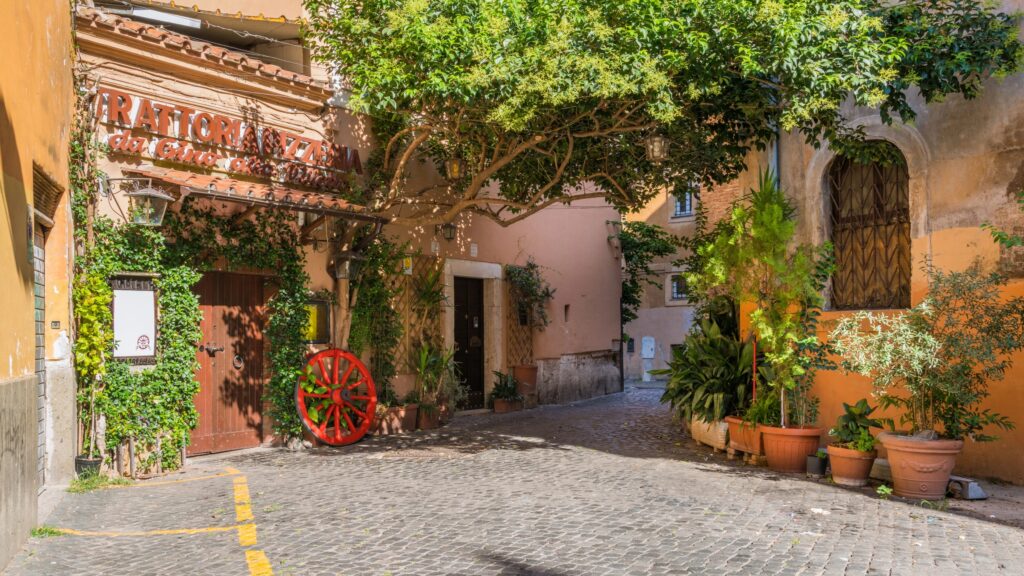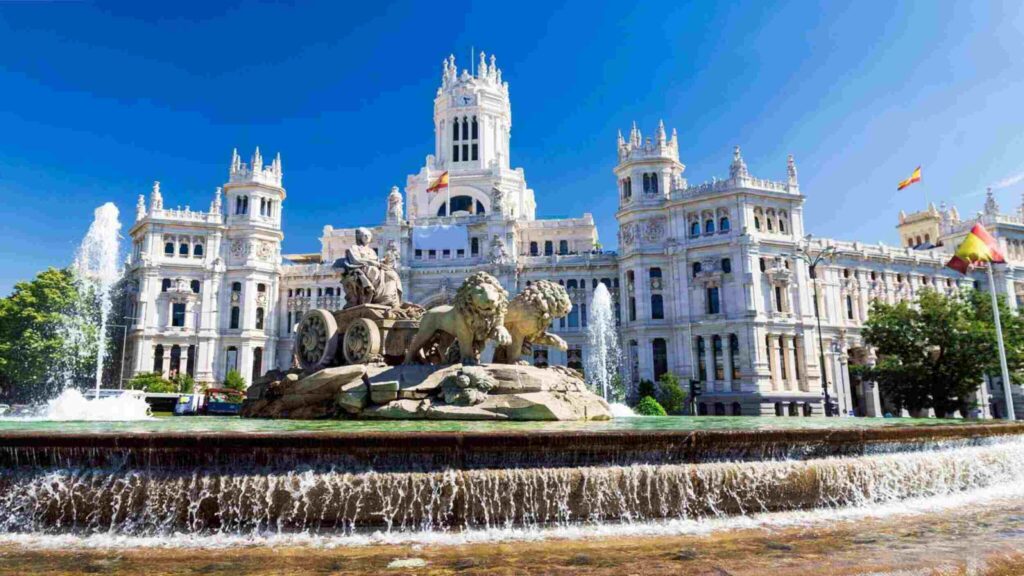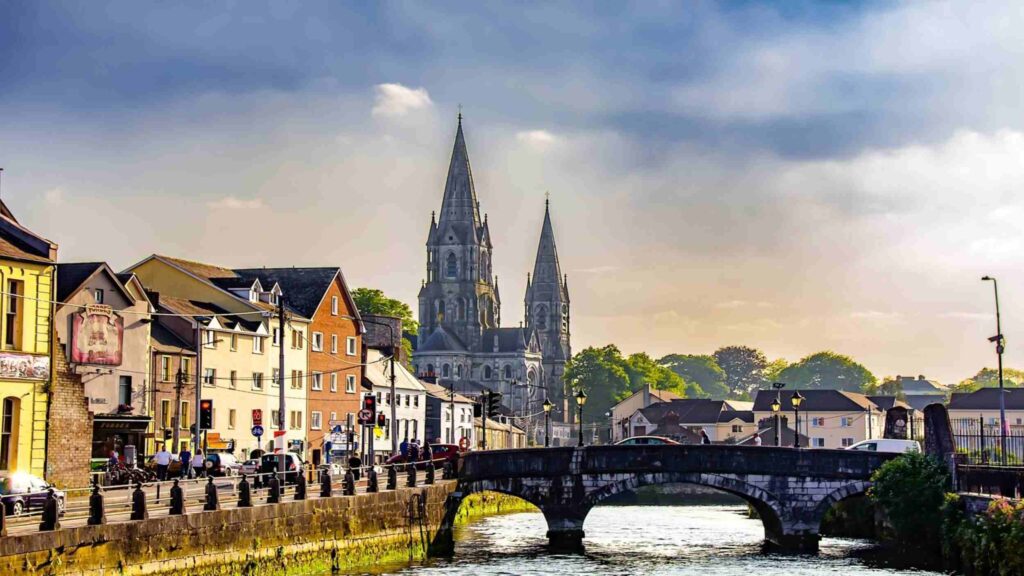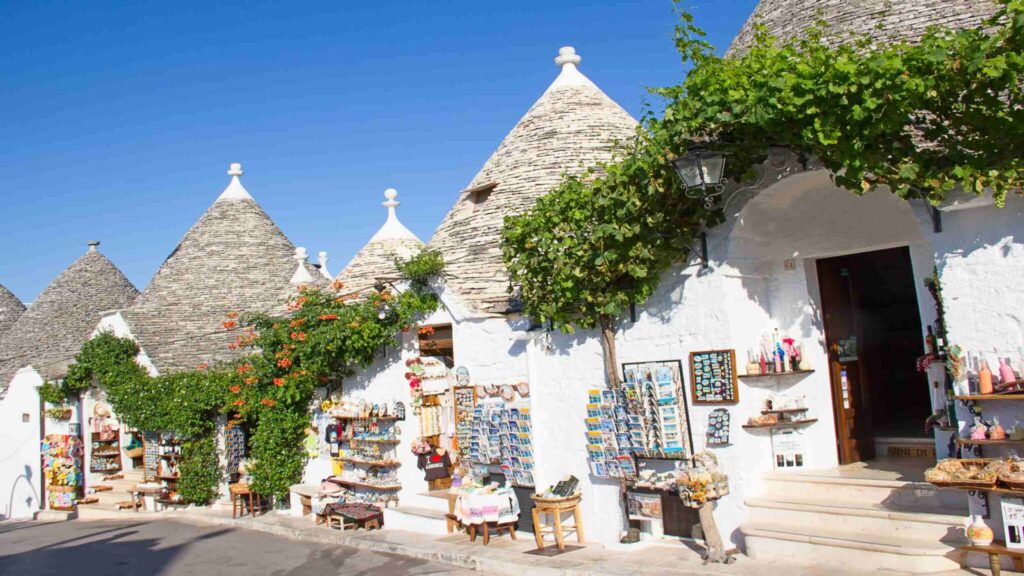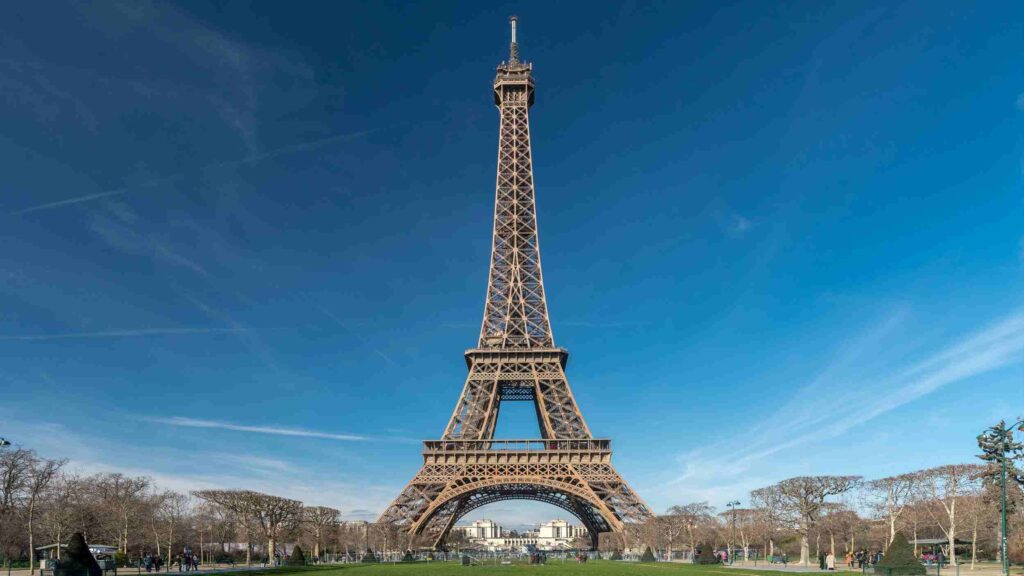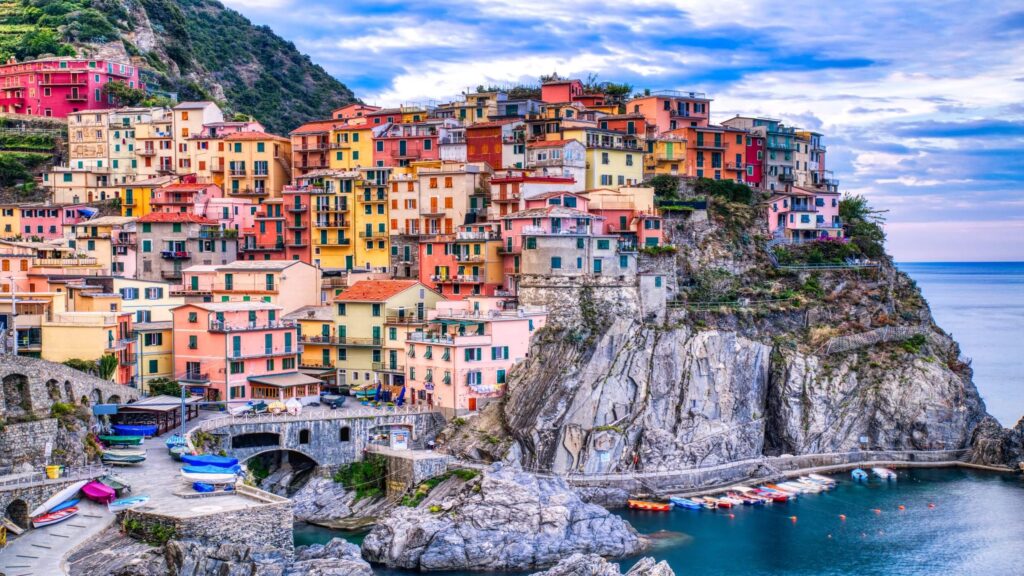
Ideal Time to Visit Italy: Essential Planning Guide
The rolling hills of Tuscany and charming coastal villages require careful planning for the perfect Italian adventure. While considering the ideal time to visit Italy, seasonal variations dramatically affect experiences in cities like Florence and Rome. Though tourist numbers fluctuate throughout the year, each season offers unique perspectives on Italian culture.
Planning Your Perfect Italian Journey
Understanding local festivals and celebrations helps create unforgettable travel experiences in beloved destinations. At first glance, Venice appears magical year-round, yet carnival season transforms the city completely. Even so, the floating city’s quiet backstreets reveal hidden treasures during less crowded periods.
Top tip: Book museum visits online before arrival to avoid long queues at popular attractions.
Thoughtful accommodation choices shape your Italian experience, particularly in historic city centres. In fact, staying near Milan’s Navigli district offers easy access to evening entertainment and dining. Due to its excellent transport connections, the fashion capital serves as a convenient base.
Essential Travel Considerations
Strategic planning ensures smooth transitions between Italy’s diverse regions and spectacular destinations. While determining the ideal time to visit Italy, Naples buzzes with energy year-round, its historic centre reveals different charms each season. Such as the spring festivals that bring ancient traditions to life in hidden courtyards.
Local attraction: The archaeological site of Herculaneum near Naples offers fewer crowds than Pompeii.
Traditional celebrations transform cities throughout the year, particularly in cultural capitals like Bologna. Though especially vibrant during food festivals, the medieval centre maintains its authentic atmosphere throughout seasons. As a result, visitors discover both planned events and spontaneous local celebrations.
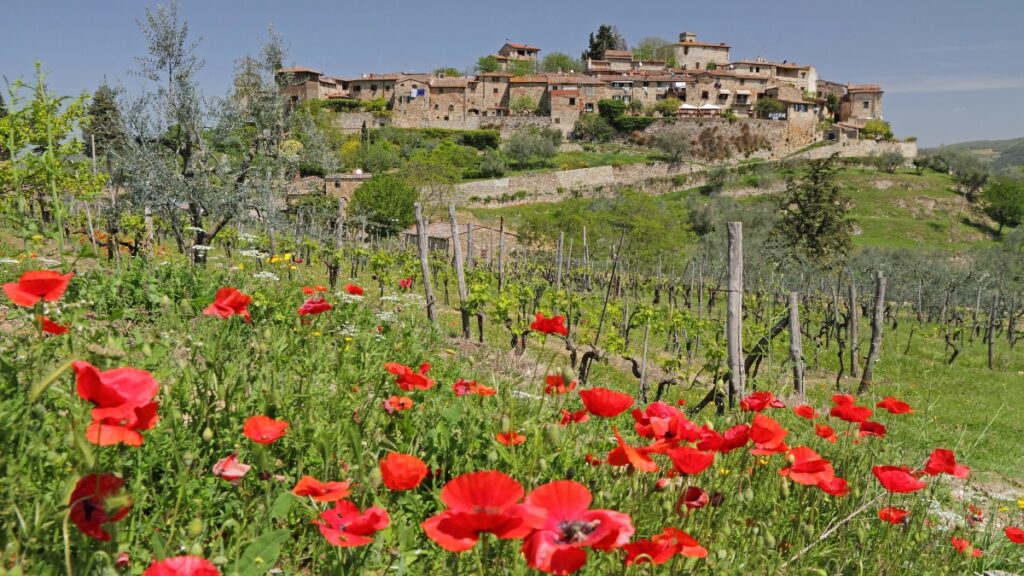
Spring in Italy: Season of Renewal
Gentle spring breezes carry the scent of blooming flowers through ancient streets and sun-warmed piazzas. While determining the ideal time to visit Italy, spring offers perfect temperatures in cities like Florence and Siena. Though Easter brings religious celebrations, quieter moments reveal authentic Italian life.
Spring Festivals and Cultural Celebrations
Ancient traditions come alive during spring festivals, particularly in historic centres and medieval towns. At first glance, Assisi’s religious celebrations draw crowds to its magnificent basilica. Even so, peaceful moments in flower-filled courtyards provide contemplative spaces away from festive crowds.
Local attraction: Calendimaggio Festival in Assisi recreates medieval life with authentic costumes and music.
Blossoming gardens transform historic villas and centuries-old monasteries into vibrant displays of colour. In fact, Ravenna’s ancient churches showcase spectacular mosaics under spring’s clear light. Due to moderate temperatures, exploring outdoor archaeological sites becomes particularly pleasant.
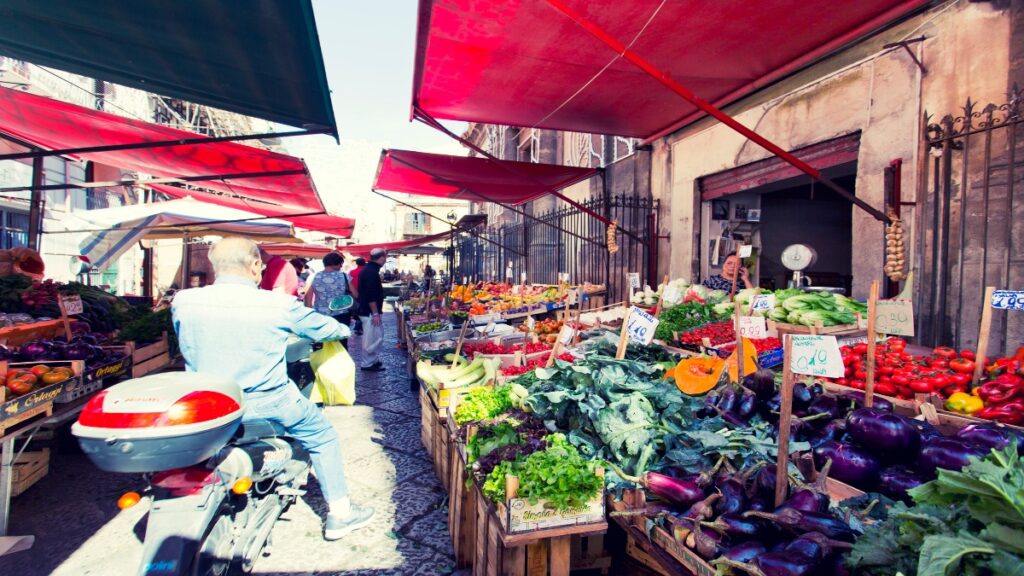
Spring Weather and Travel Tips
Comfortable temperatures make spring perfect for exploring Italy’s architectural and artistic treasures. While considering the ideal time to visit Italy, Verona enchants visitors with its Roman amphitheatre and medieval squares. Such as the weekly markets that fill historic piazzas with seasonal produce and flowers.
Top tip: Pack layers for variable spring weather, especially in northern Italian cities.
Traditional Easter celebrations bring centuries-old processions to streets across Italy’s historic centres. Though particularly atmospheric in Orvieto’s medieval quarter, spring festivals enliven communities everywhere. As a result, visitors experience both religious traditions and seasonal renewal throughout the country.
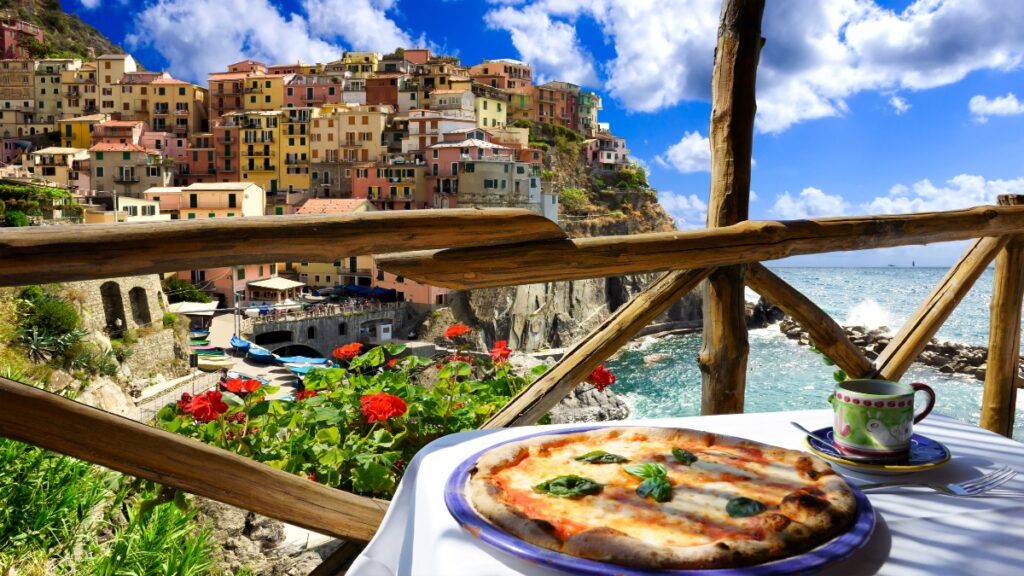
Summer Travel: Navigating Italy’s Peak Season
Brilliant Mediterranean sunshine bathes ancient monuments and bustling piazzas in golden light throughout summer days. While considering the ideal time to visit Italy, visitors discover vibrant festivals in cities like Rome and Naples. Though peak season brings crowds, early morning explorations reveal peaceful moments.
Summer Events and Festivals
Historic city centres come alive with evening concerts and cultural celebrations during warm summer nights. At first glance, Verona’s Opera Festival transforms the ancient arena into a magical venue. Even so, quiet morning hours offer perfect opportunities for exploring historic streets.
Local attraction: Arena di Verona hosts spectacular opera performances in a 2,000-year-old Roman amphitheatre.
Traditional summer festivities fill historic squares with music, dance, and local celebrations. In fact, when choosing the ideal time to visit Italy, Siena’s famous Palio horse race brings medieval traditions to life. Due to perfect weather conditions, outdoor events flourish across Italian cities.
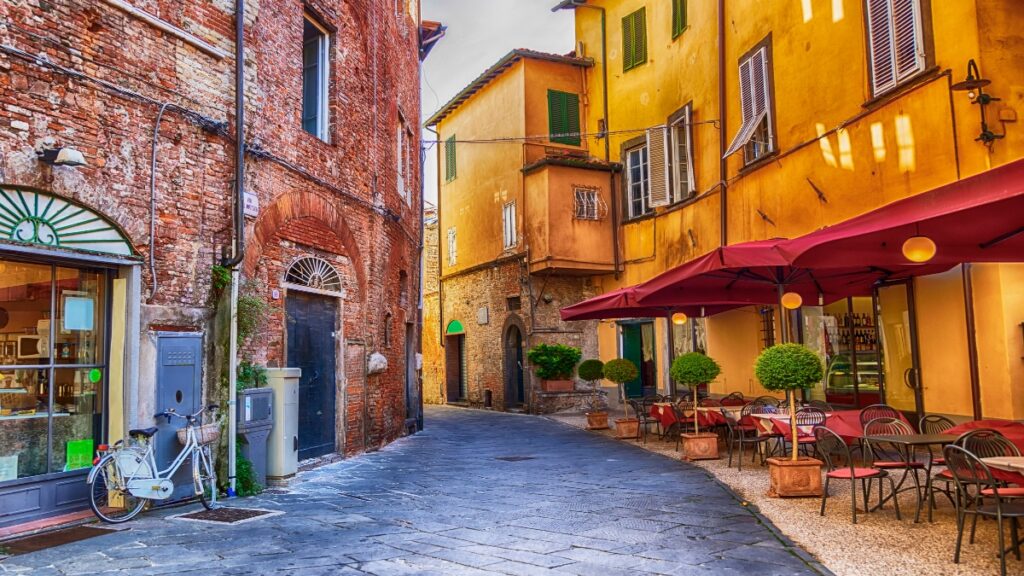
Coastal Escapes and City Experiences
Seaside towns welcome visitors seeking relief from summer heat in historic city centres. While Positano offers spectacular coastal views and refreshing sea breezes. Such as evening concerts held in ancient churches along the Amalfi Coast.
Top tip: Visit major museums and attractions during lunch hours to avoid peak crowds.
Ancient harbour towns provide perfect bases for exploring Italy’s spectacular coastline and islands. Though particularly busy in Sorrento’s historic centre, hidden corners offer peaceful retreats. As a result, visitors discover both lively atmosphere and quiet moments during summer travels.

Ideal Time to Visit Italy: Autumn Experience
Golden sunlight bathes historic vineyards and medieval hill towns in warm autumn colours across Italian landscapes. While exploring the ideal time to visit Italy, cultural festivals enliven cities like Milan and Turin. Though summer crowds diminish, autumn brings harvest celebrations and culinary traditions.
Autumn Festivals and Harvest Events
Traditional harvest celebrations transform historic centres into feasts of local cuisine and culture. At first glance, Alba’s famous truffle festival draws gastronomes from across the globe. Even so, smaller towns offer authentic harvest experiences away from major celebrations.
Local attraction: The White Truffle Festival in Alba offers world-class culinary experiences.
Ancient traditions continue through autumn wine harvests and olive gathering across Italian regions. In fact, those seeking the ideal time to visit Italy often choose autumn when Perugia’s chocolate festival creates a sweet counterpoint to traditional celebrations. Due to perfect temperatures, outdoor exploration becomes particularly pleasant.

Cultural Events and Weather
Perfect walking weather invites exploration of historic centres and archaeological sites. While Bologna’s porticoed streets protect visitors from occasional autumn showers, many consider this the ideal time to visit Italy for cultural immersion. Such as evening cultural events that fill historic theatres and concert halls.
Top tip: Book accommodations in advance during popular autumn food festivals.
Traditional food festivals celebrate regional specialties and ancient cooking methods across Italy. For instance, particularly famous in Parma’s historic centre for culinary excellence. As a result, visitors experience both cultural heritage and gastronomic traditions throughout autumn.
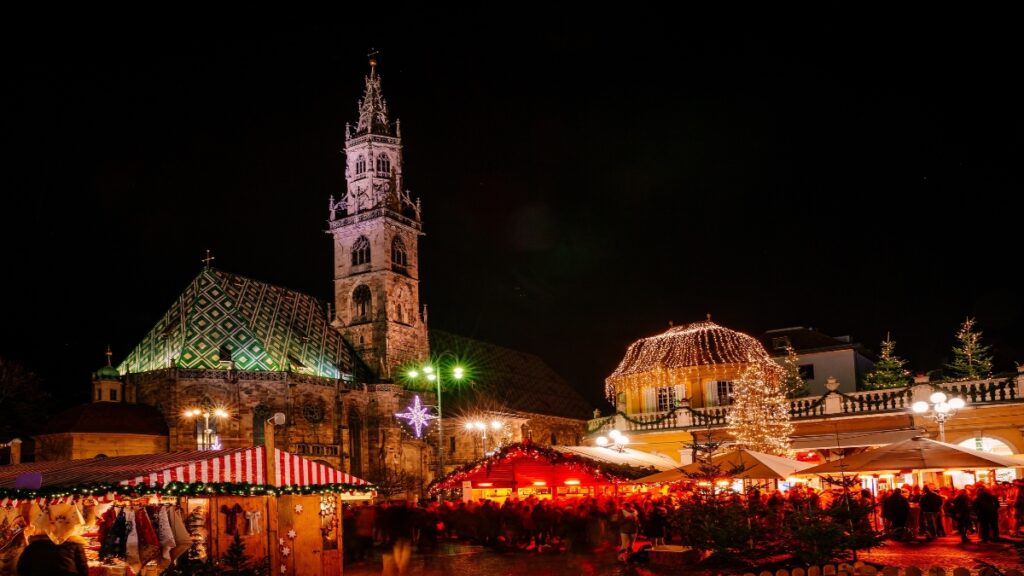
Winter Magic: Off-Season Italian Adventures
Crisp winter air carries the aroma of roasted chestnuts through historic piazzas and medieval streets. While considering the ideal time to visit Italy, winter offers unique experiences in cities like Florence and Venice. Though temperatures cool, cultural events and festivities create warm, inviting atmospheres.
Winter Festivals and Holiday Traditions
Historic city centres transform into magical settings during winter festivals and celebrations. At first glance, Rome’s Christmas markets bring warmth to ancient squares and piazzas. Even so, quiet moments in art galleries and museums provide peaceful winter retreats.
Local attraction: The Vatican’s Christmas Eve Mass draws visitors from around the world.
Traditional winter celebrations fill Italy’s historic centres with music and festive atmosphere. In fact, Milan’s winter opera season showcases world-class performances at La Scala. Due to fewer tourists, winter visitors enjoy more intimate experiences of Italian culture.

Winter Arts and Culture
Cultural events flourish throughout winter months in Italy’s historic theatres and concert halls. While Naples’ San Carlo Opera presents spectacular performances in historic settings. Such as evening concerts that bring classical music to candlelit churches.
Top tip: Many museums offer reduced winter rates and shorter queues.
Ancient traditions continue through winter celebrations in historic cities and medieval towns. Though particularly enchanting during Venice’s famous carnival celebrations in February. As a result, visitors discover both festive atmosphere and cultural heritage throughout winter.
Best Seasons for Your Ideal Time to Visit Italy
Strategic planning transforms Italian travels into unforgettable experiences throughout the changing seasons. While determining the ideal time to visit Italy, weather patterns affect experiences in Rome and Florence. Though each season offers unique perspectives, careful timing enhances cultural experiences significantly.
Regional Climate Considerations
Different Italian regions experience varied weather patterns throughout the changing seasons. At first glance, Venice’s atmospheric conditions create distinct moods across the year. Even so, the floating city maintains its enchanting character through all seasons.
Top tip: Consider shoulder season travel for optimal weather and fewer crowds.
Understanding local weather patterns helps visitors plan perfect Italian adventures in every season. In fact, Milan’s fashion weeks transform the city during spring and autumn months. Due to regional variations, weather conditions differ significantly between north and south.
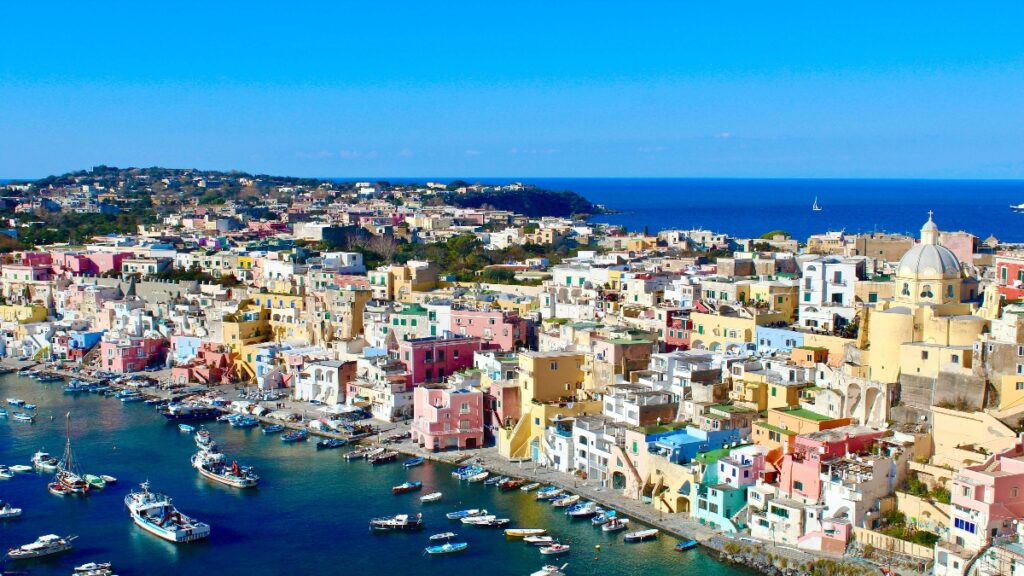
Seasonal Considerations for Italian Travel
Strategic planning transforms Italian travels into unforgettable experiences throughout the changing seasons. While determining the ideal time to visit Italy, weather patterns affect experiences in Rome and Florence. Though each season offers unique perspectives, careful timing enhances cultural experiences significantly.
Regional Climate Considerations
Different Italian regions experience varied weather patterns throughout the changing seasons. For example, Venice’s atmospheric conditions create distinct moods across the year. Even so, the floating city maintains its enchanting character through all seasons.
Top tip: Consider shoulder season travel for optimal weather and fewer crowds.
Understanding local weather patterns helps visitors plan perfect Italian adventures in every season. In fact, Milan’s fashion weeks transform the city during spring and autumn months. Due to regional variations, weather conditions differ significantly between north and south.
Seasonal Planning Strategies
Thoughtful timing ensures comfortable exploration of Italy’s diverse regions and cultural treasures. While Naples offers mild winters perfect for cultural exploration, determining the ideal time to visit Italy depends on your specific interests. Such as early spring when ancient archaeological sites burst with wildflowers.
Local attraction: The Uffizi Gallery in Florence offers shorter queues during winter months.
Traditional festivals transform cities throughout the year, particularly in cultural capitals like Bologna. Though especially atmospheric during food festivals and cultural celebrations. As a result, visitors discover perfect moments for their unique travel preferences.


